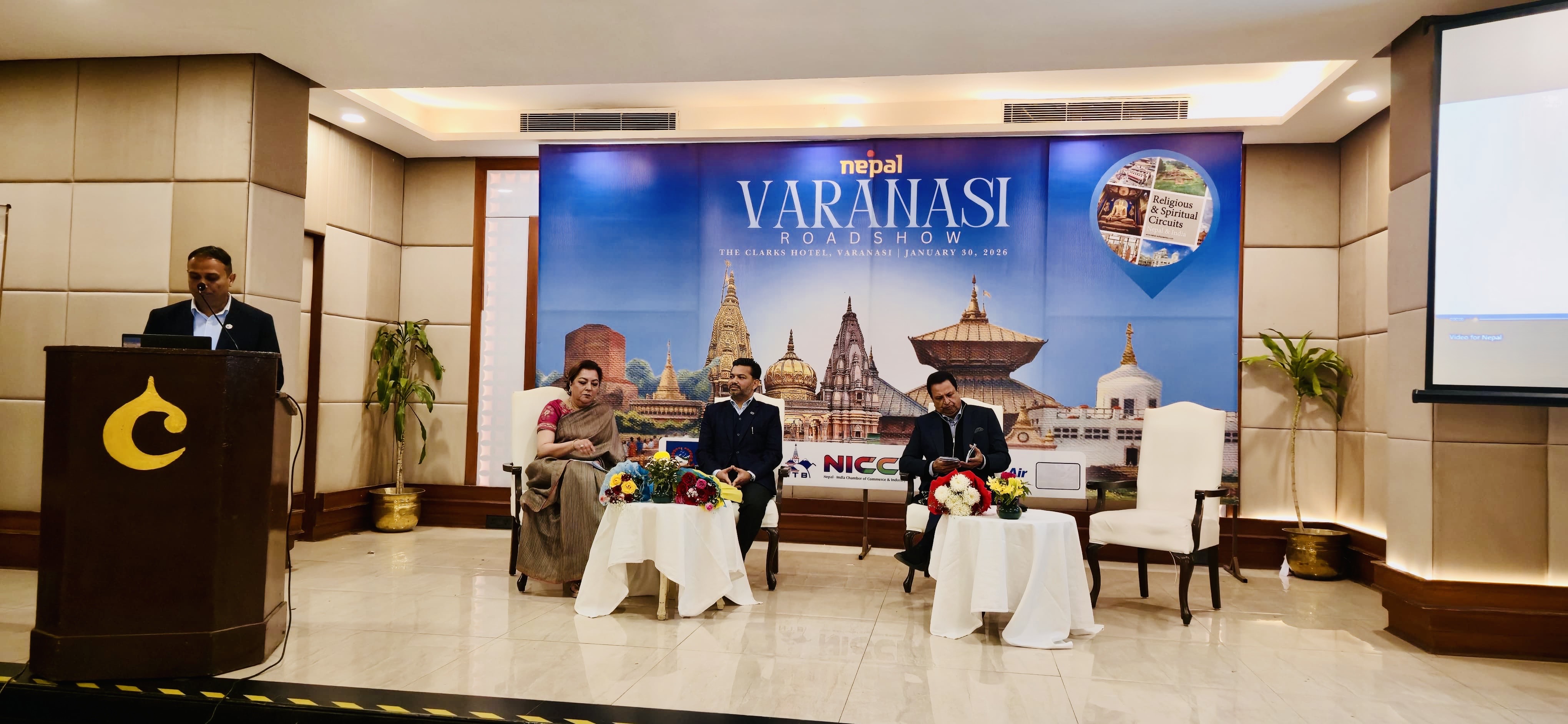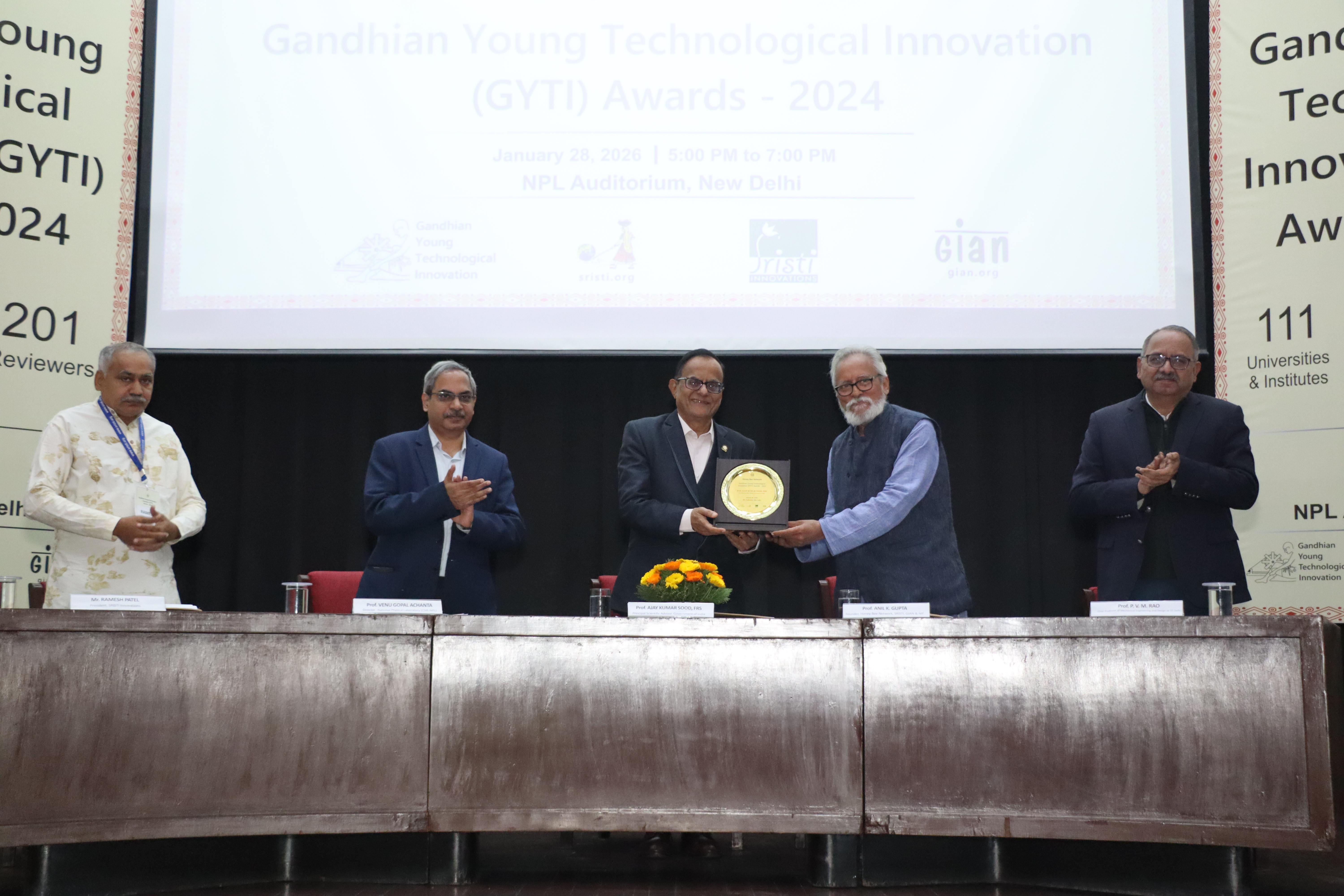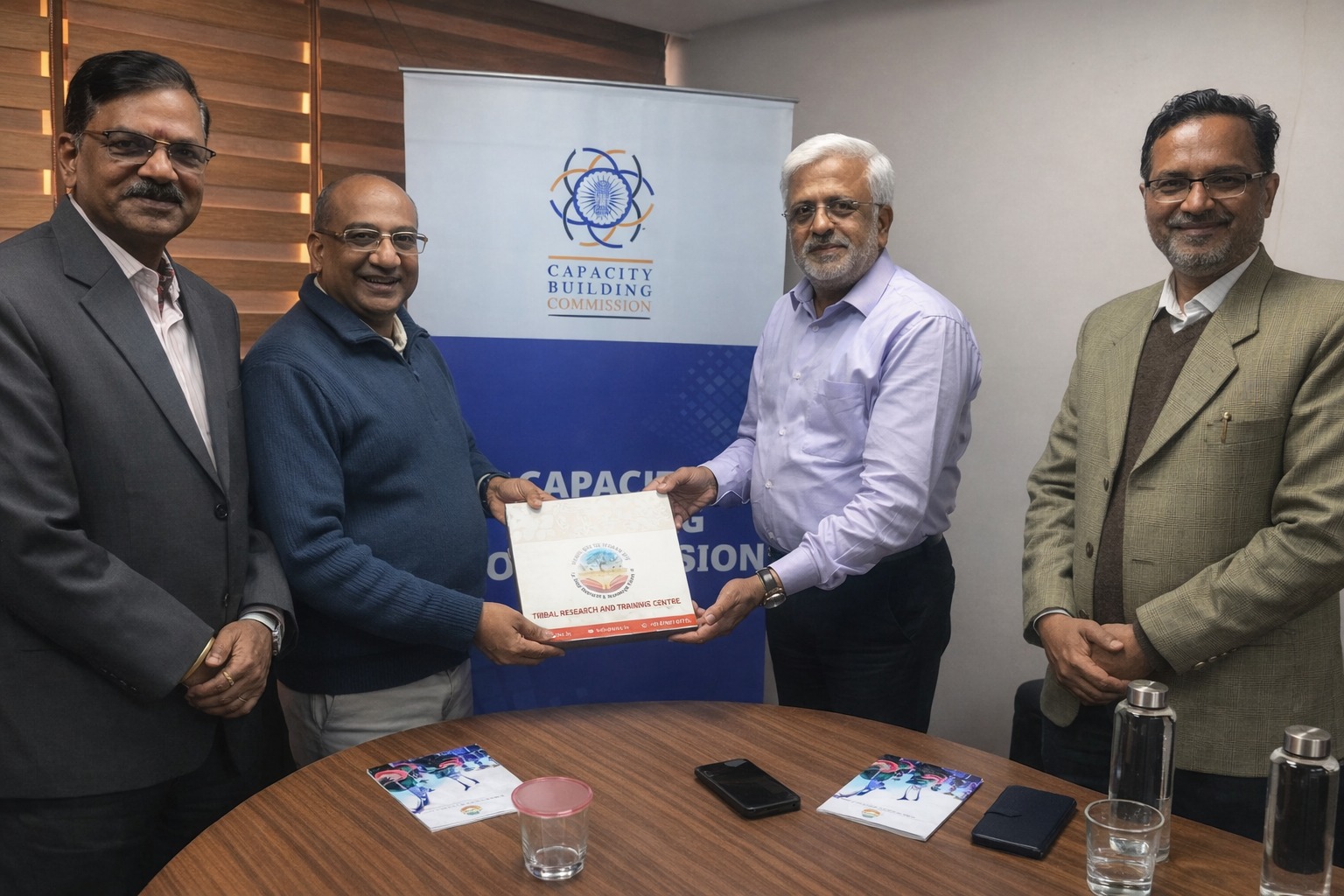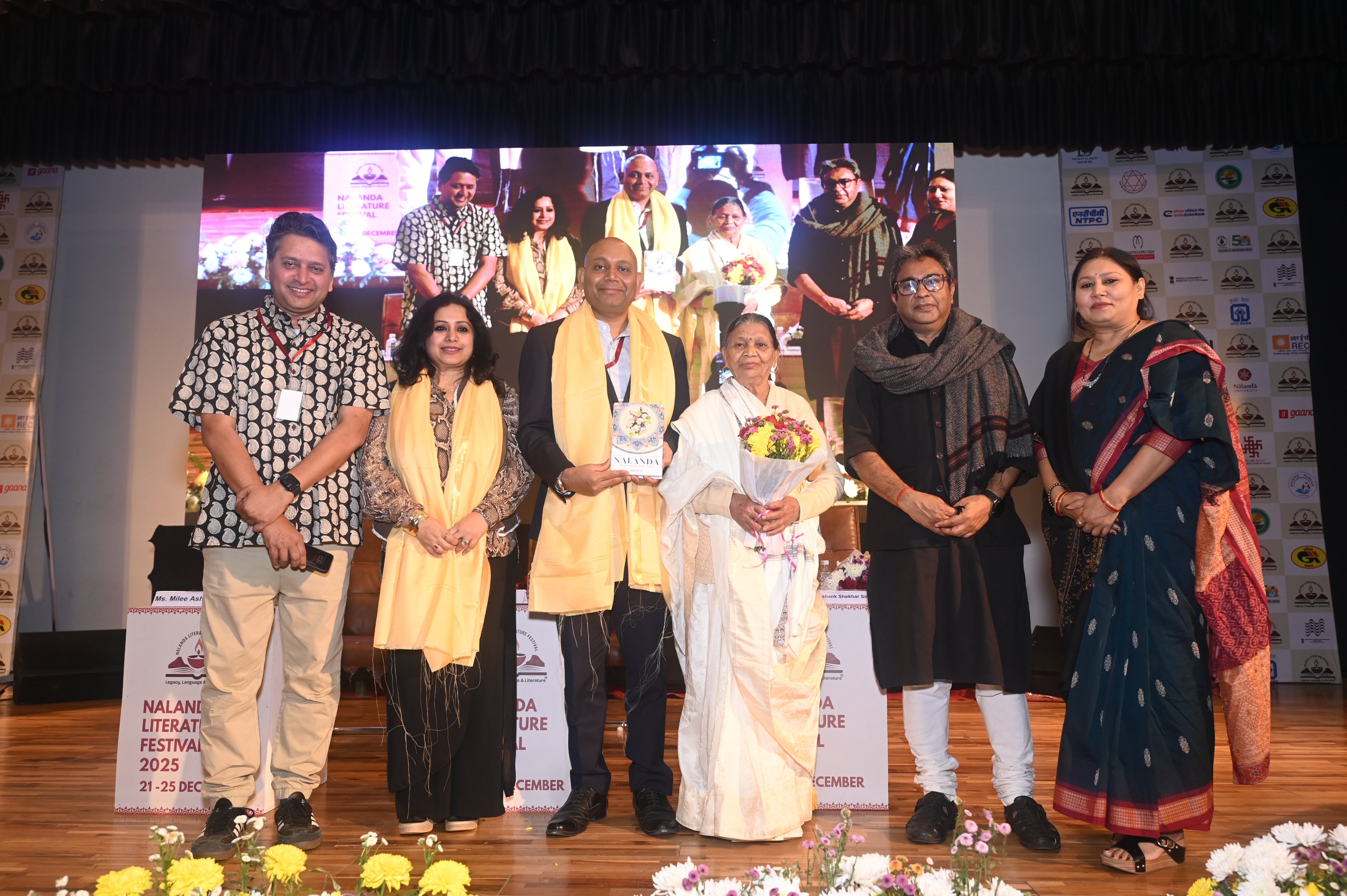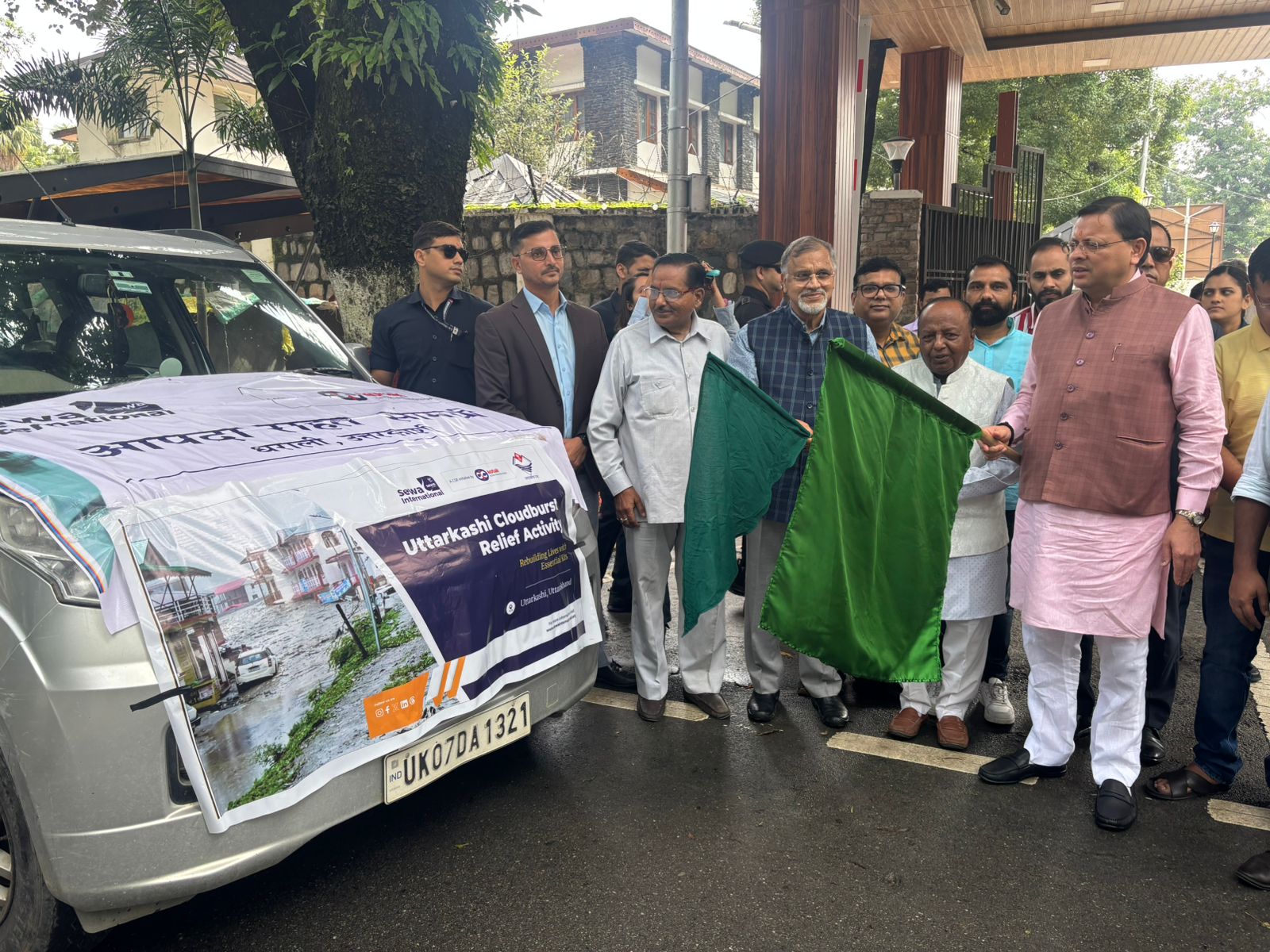 Uttarakhand CM Pushkar Singh Dhami flags-off relief campaign (Photo: Sewa International)
Uttarakhand CM Pushkar Singh Dhami flags-off relief campaign (Photo: Sewa International)
Dehradun: Harshil in Uttarkashi district, known for its breath-taking natural beauty, apple orchards, and strategic importance, is currently facing severe devastation due to heavy rains, landslides, and mountain collapses.
In recent days, incessant downpours have battered this high-altitude region, severing road connectivity to several villages and disrupting electricity and water supply.
Landslides have damaged many houses, destroyed standing crops, and left residents struggling to survive under extremely difficult conditions. The cold weather has only worsened the crisis.
Recognizing the gravity of the situation, Chief Minister Pushkar Singh Dhami took immediate cognizance of the disaster and, while remaining in constant touch with the administration, issued clear directions to expedite relief operations.
He ensured that relief could reach all villages in and around Harshil that had been completely cut off by road. He promptly approved the use of helicopters and aircraft for supply deliveries so that food, water, and medicines could reach stranded residents in time.
At a programme held in Dehradun, he flagged off the relief campaign by Sewa International and Kotak, stating that this partnership demonstrates how government, society, and the private sector can effectively confront any disaster when they work together.
He also directed the Army, Air Force, and State Disaster Response Force (SDRF) to actively assist in the relief efforts.
In collaboration with Kotak, Sewa International prepared over one thousand relief kits containing flour, rice, lentils, salt, sugar, cooking oil, tea leaves, spices, soap, sanitary kits, toothpaste, detergent, drinking water, water purification tablets, essential medicines, ORS, and first-aid kits.
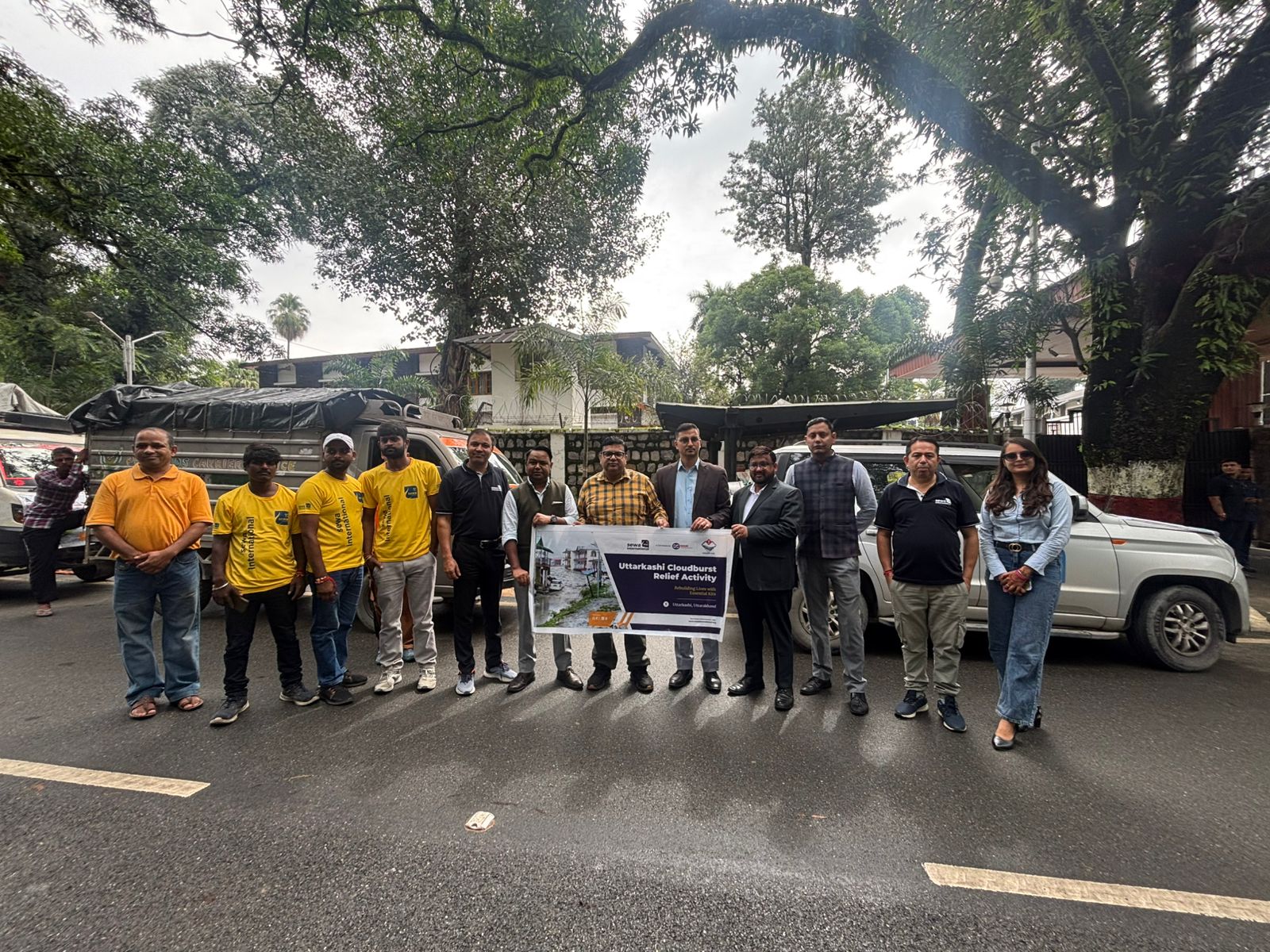
These supplies were carefully selected to ensure long shelf life and immediate usability in challenging conditions.
The relief materials were first transported from Dehradun to the Uttarkashi headquarters and from there airlifted by Indian Air Force helicopters to villages such as Harshil, Bagori, Mukhba, Jhala, and Dharali.
Delivering aid to such remote areas was no easy task. Persistent rainfall made helicopter operations challenging, but the efforts of pilots, administrative officials, and volunteers made it possible.
At many places, where no safe landing zones were available, supplies were lowered using ropes and then collected by local volunteers, who distributed them from village to village.
When the relief team reached Bagori village, they found that residents had been without food and clean water for four days. Seventy-two-year-old Geeta Devi, with tears in her eyes, shared that they had been surviving only on potatoes and water, and children had started falling ill.
The moment the relief supplies arrived, her face reflected relief and renewed faith.
In Dharali, the team provided timely medicines and nutritious food to a pregnant woman, preventing potential complications.
Jagdish P. Mamgain, Trustee of Sewa International and former State Chief Information Commissioner, said that in disaster relief, swift action is the key to saving lives.
He explained that with the support of local administration and villagers, a list was prepared of the most severely affected villages to ensure that not a single family was left without assistance.
State Coordinator Tarkaram T.S. said that airlifting allowed them to reach even the most isolated villages, and this was not just about delivering supplies -- it was a message that the people of Uttarakhand are not alone.
The campaign saw the tireless involvement of Jagdish P. Mamgain, Tarkaram T.S., Pradeep Negi, Rajan Dabral, Lonendra Balodi, and other officials and local volunteers.
At every stage -- from packing and loading to helicopter transport and on-ground distribution -- community participation was evident. Local youths walked to elderly and ailing residents to deliver aid.
Read also: Uttarakhand flash floods -- Death toll reaches 5 as rescue operations continue
Along with relief work, Sewa International also announced rehabilitation plans for the future, including the setting up of temporary shelters, restoration of damaged schools and Anganwadi centers, repair of drinking water sources, organization of health camps, and nutritional support programs for women and children. The organization emphasized that relief work is only the beginning; the real challenge lies in reconstruction, for which they will continue their efforts.
The Uttarakhand government has lauded this initiative and appealed to other social organizations, corporate houses, and citizens to contribute to relief and rehabilitation efforts.
Chief Minister Dhami stated that a disaster is not solely a government challenge but a collective responsibility, and every possible effort will be made to ensure that no citizen in any corner of the state remains without assistance.
This disaster has once again proven that when government, society, and institutions work together, even the toughest geographical and weather-related challenges can be overcome.
The aid reaching Harshil and surrounding villages has not only filled stomachs but also rekindled hope in people’s hearts that they are not alone in times of crisis.


